As The Great Resignation enters its second year, talent pros and hiring managers share the process changes they’re making— and what’s been most critical to successful hiring.
Historically high numbers of employees quit in the second half of 2021—and economists (and recent polls) are predicting that the trend will extend well into 2022.*
To meet the unique challenges of this candidate’s market, employers have been doing a lot of experimenting with their approaches to both recruiting and assessment. But which changes are having a positive effect, and which aren’t?
In November 2021, Wonderlic partnered with the market research company, Centiment, to survey 515 hiring managers and 523 talent pros from 30 industries to find out. We asked them about changes they’re making to their sourcing strategies, interview methods, and company policies, how relevant hiring assessments have been to their success—and more. Then we sifted through the data to uncover meaningful insights to help employers prioritize what hiring adjustments to make in 2022.
Here’s how the report’s findings break down:
1. A more streamlined process vs. more candidate insights
2. The state of hiring interviews
3. The clear-cut value of assessments
4. Who’s optimistic about hiring about 2022—and who’s not?
5. Conclusion
*Glassdoor Workplace Trends for 2022 (Daniel Zhao); BestColleges survey, December 2021.

A more streamlined process vs. more candidate insights
Have talent pros been more focused on streamlining their hiring process to improve candidate experience—or adding more hiring steps to help themselves make more educated hiring decisions?
In the following pages, we’ll look at the degree to which companies have been adding and removing milestones from their hiring process—and share what we found about the relationship between the number of hiring milestones and quality of hires.
Nearly 90% of talent pros shook up their hiring process.
We presented our talent pros with eight common hiring milestones and asked them to select those that they’d either added or removed since June 2021, or to select “did not add milestones” or “did not remove milestones.”
(Because hiring managers are much less likely to make this kind of top-of-funnel decision, we didn’t pose the question to them.)
The milestones were:
- One or more interviews
- Work sample
- Pre-employment assessment
- One or more phone screens
- Initial resume screen
- One or more minimum qualifications
- References
- Background check
What we discovered was that only 10.9% of the respondents said they neither added nor removed any of these milestones. And of those who said they did change up their hiring milestones:
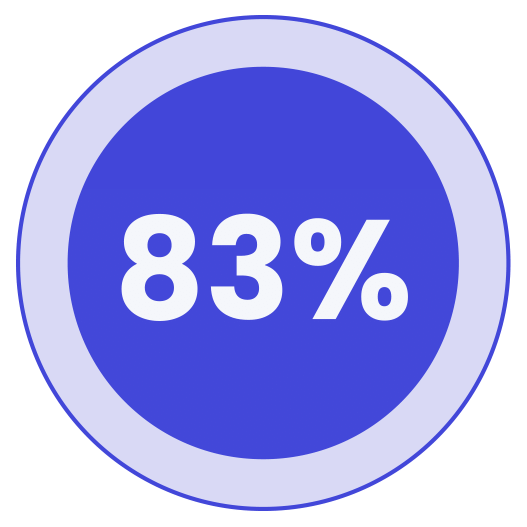
added at least 1 milestone
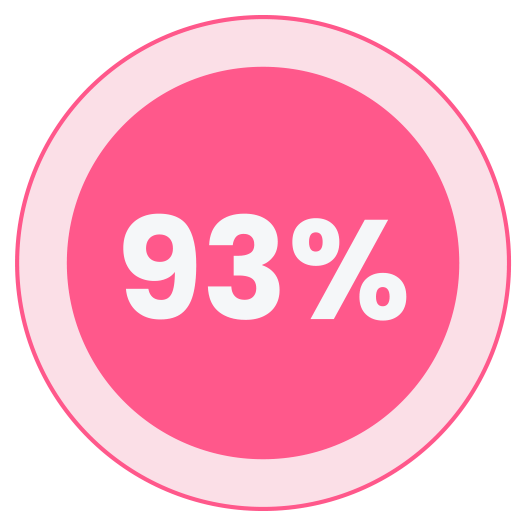
removed at least 1 milestone
This suggests that the vast majority of talent teams have felt compelled to experiment in some way with their existing process to garner better results.
Talent pros removed more steps than they added steps—and no common hiring milestone was spared.
There was 25% more reported activity related to removing milestones than there was for adding milestones—which suggests a minor trend towards streamlining over gathering more candidate data.
Not surprisingly, the milestones eliminated or reduced the most were those that are often comprised of multiple components that HR teams can adjust at their discretion: one or more interviews, one or more phone screens, and one or more minimum job qualifications.
However, a considerable number of respondents also reported eliminating “one-off” milestones many HR teams still consider essential: 24% said they’d eliminated references as a requirement, 21% eliminated an initial resume screen, and 18% eliminated a background check.
What this data suggests is that in this era of experimentation, no hiring milestone is considered sacred.

Interestingly, despite the high volume of activity around removing milestones, our data shows a strong relationship between a high number of milestones and a high quality of hire—but only for non-specialized roles.
When we asked our talent pros to rate the quality of candidates hired at their company during The Great Resignation, this is how they responded:
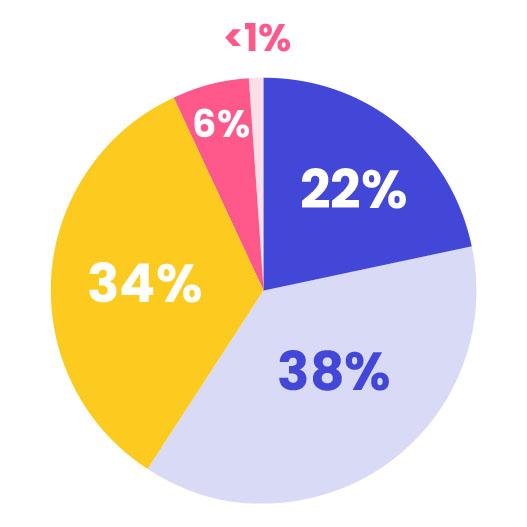
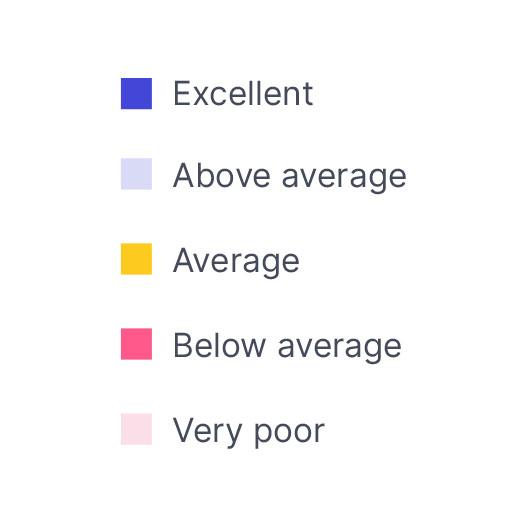
We wondered if there might be a relationship between the complexity of a respondent’s hiring process and the quality of their hires. So we compared the responses of those with four or more milestones (above average) in their process against those with three or fewer milestones (average or below).
For non-specialized roles, this is what we found:
Of those who used 4 or more milestones:
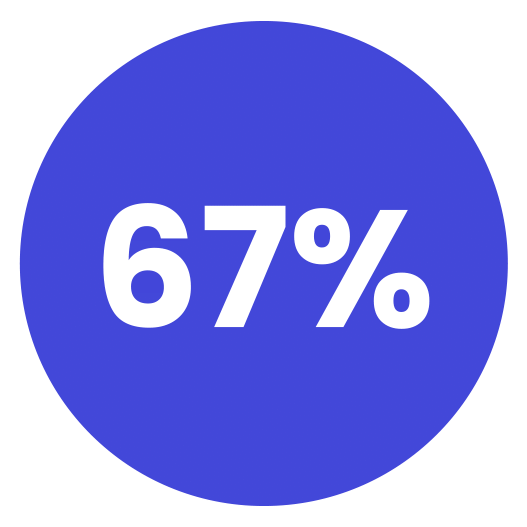
rated their quality of hire as “above average” or “excellent”
VS
Of those who used 3 or fewer milestones:
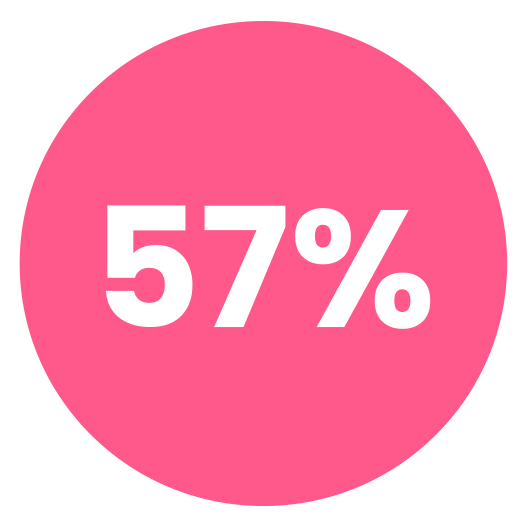
rated their quality of hire as “above average” or “excellent”
However, for specialized roles, there was only a 1% difference between the two groups.
Why the varying results?
Our theory is this: For high-volume roles, which usually attract a wider range of candidates in terms of quality and competence than specialized roles, each successive milestone in the hiring process is more useful in removing lower-quality candidates.
But when it comes to specialized roles, candidate quality is likely more uniform because of the comparatively high bar to entry, which might mean that the impact of having more milestones would be smaller. These data also suggest that if you’re intent on removing milestones from your hiring process, specialized roles might be where to do it.
Similarly, talent pros at companies that prioritize “quality of hiring insights” the most were more positive about the quality of their hires than talent pros at companies that prioritize “candidate experience” the most.
In addition to polling talent pros and hiring managers about milestone adjustments, we asked them to rank which of three values their companies have prioritized most highly in recent months: candidate experience, quality of hiring insights, or fair hiring practices.
The responses were split almost evenly between the three options:
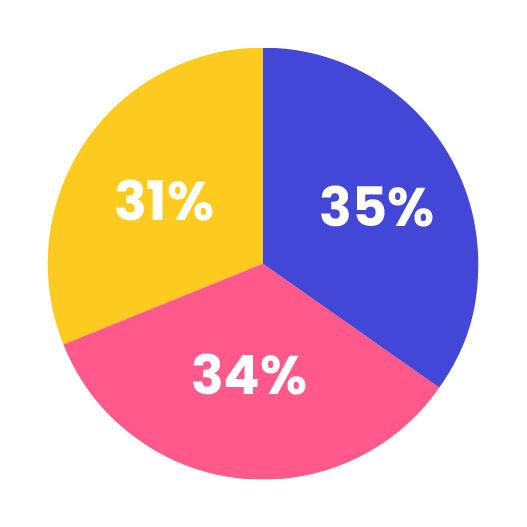
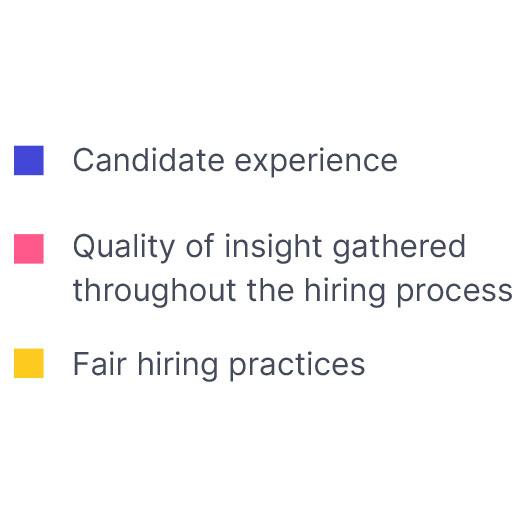
When we looked at the relationship between “top priority” and “quality of hire,” however, we noticed something interesting: these data, like the data about number of hiring milestones, suggest that prioritizing candidate insights over a streamlined process correlates to higher quality of hire:
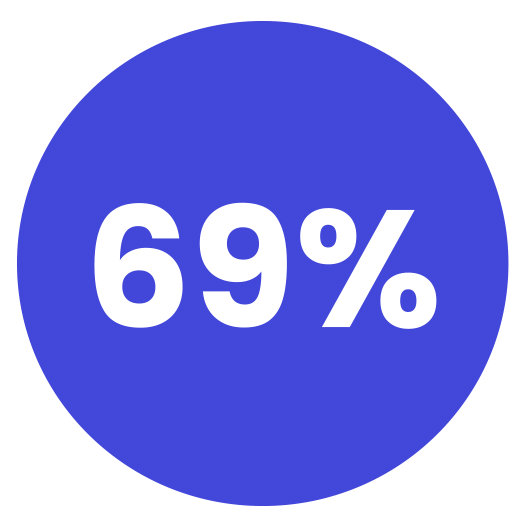
of those at companies that prioritized “quality of insight” most highly also rated candidates hired as “excellent” or “above average”
VS

of those at companies that prioritized “candidate experience” most highly

The state of hiring interviews
Very few employers would consider hiring someone without meeting them first. In fact, according to a survey we conducted last summer, hiring managers and talent pros both strongly believe interviews are best way to gauge both a candidate’s experience and potential. This also aligns with recent research suggesting that structured interviews are the best predictors of job performance.
That said, during the Great Resignation, hiring managers and talent pros haven’t shied away from adjusting the format, length, and composition of their interviews.
A wide range of adjustments are being made to job interviews. But the only clear trend is the ongoing adoption of virtual formats.
Not surprisingly, more than half of both the talent pro and talent pros we surveyed said they added more virtual interviews to the mix in the second half of 2021.
Changes to interview quantity and length were the next most common. But there was even less of a clear trend related to streamlining or bulking up the interview process than there was with hiring milestones at large.

Despite the absence of a clear overall trend, respondents were more likely to have reduced the standard length of their interviews than increased the length, and more likely to have increased the quantity of interviews than decrease the quantity.
So what might this all mean? It’s not exactly clear, but the findings did make us wonder if there might be a relationship between the virtual interview trend and these changes to length and quantity. Specifically, we wondered:
- Might some hiring teams be opting for shorter interviews to minimize Zoom fatigue?
- Are virtual interviews generally more efficient and focused than in-person interviews? And if so, might this account for some interviews being shorter? (On a practical level, it takes less time and effort to jump on and jump off a virtual interview than it does to bring a job candidate and multiple interviewers together onsite.)
- In-person interviews usually require the talent team and hiring manager to set aside a limited block of time that respects the time of the candidate visiting onsite. Virtual interviews, on the other hand, can be more easily scheduled over the course of a day or multiple days because no travel is required for the candidate. Is this added flexibility causing some hiring teams to feel more comfortable adding interviews to a candidate’s slate, because, spread out over more time, it feels less taxing?
(If we tackle these questions in future research, we’ll be sure to share the results.)

The clear-cut value of assessments
As a hiring assessment provider, we naturally wanted to understand how valuable assessments have been to hiring managers and talent pros during The Great Resignation—and to see if there was a relationship between the use of assessments and quality of hire.
We discovered that the differences in results reported by respondents who use assessments and those who don’t were even more dramatic than we’d expected.
More than 7 out of 10 hiring managers and talent pros said they use a pre-employment assessment as part of their hiring process.
The percentage of talent pros and hiring managers who said their company uses a pre-employment assessment that measures cognitive ability, personality, and/or motivation was nearly the same: of talent pros, 72% do, and of hiring managers, 73% do.

of talent pros use hiring assessments

of hiring managers use hiring assessments
More than 4 out of 5 respondents at companies that use assessments find them helpful or very helpful.
We asked the respondents who use assessments to tell us whether they find those assessments to be useful in achieving a number of hiring-related goals. Their response? A resounding yes.

Incredibly, talent pros who use assessments were a whopping 3.7 times more likely to rate their quality of hires as “excellent” than those who don’t use assessments.
On the question of whether assessments have an impact on hiring quality, the data were crystal clear: if your company used a hiring assessment that assessed cognitive ability, personality and/or motivation, you were far more likely to be happy with your hires.
More than two-thirds (67%) of talent pros who use assessments as part of their selection process rated their quality of hires as “Above Average” or “Excellent,” compared to only 42% of those who don’t.
And when we looked at “Excellent” responses exclusively (our highest possible category), the difference was even more stark: talent pros who used assessments were 370% more likely to rate their quality of hires as “Excellent” than those not using assessments.
Of those talent professionals who use assessments
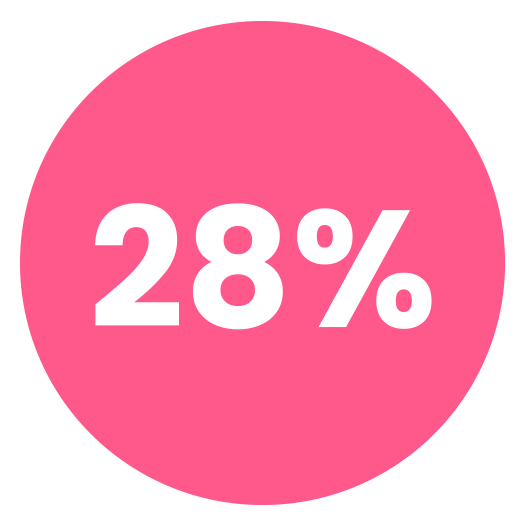
said the quality of their hires was “excellent”
VS
Of those talent professionals who don’t use assessments
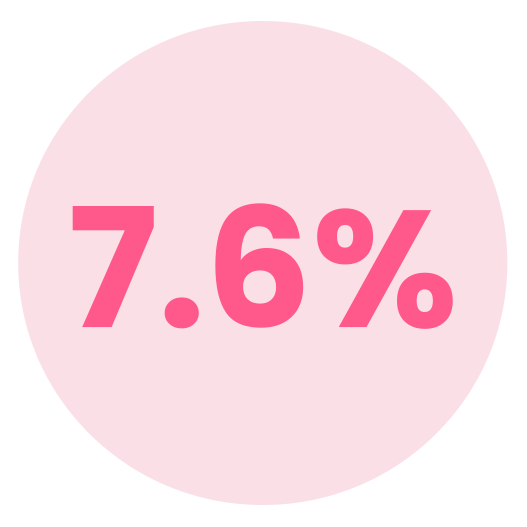
said the quality of their hires was “excellent”
Hiring managers who use assessments were also much more likely to rate the quality of the hires they were involved in as “above average” or “excellent” than those that don’t use assessments.
Of those hiring managers who use assessments
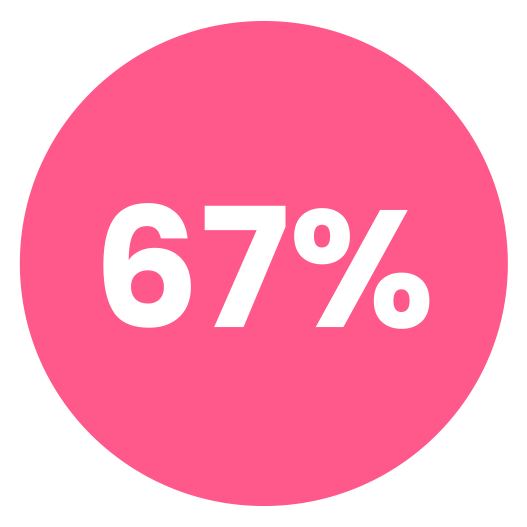
said the quality of their hires was “above average” or “excellent”
VS
Of those hiring managers who don’t use assessments
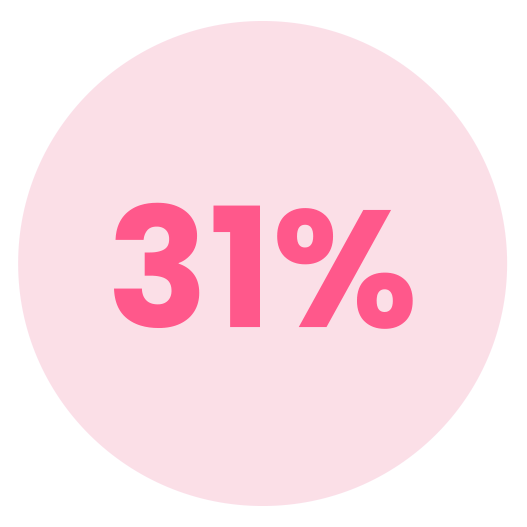
said the quality of their hires was “above average” or “excellent”
When we looked at hiring managers’ satisfaction with not just recent hires, but the overall quality of final round candidates, we saw similar results:
Of those hiring managers who use assessments
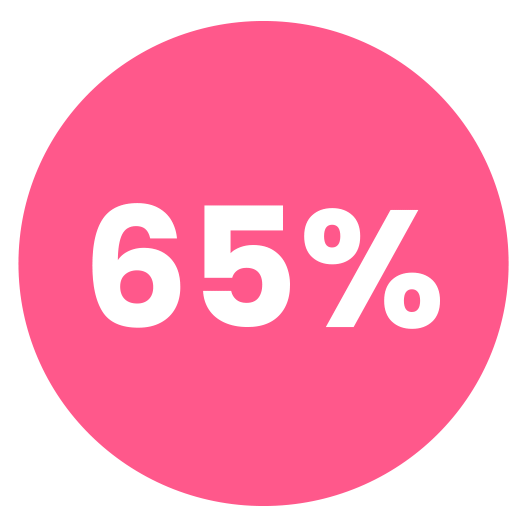
rated their final round candidates as “above average” or “excellent”
VS
Of those hiring managers who don’t use assessments
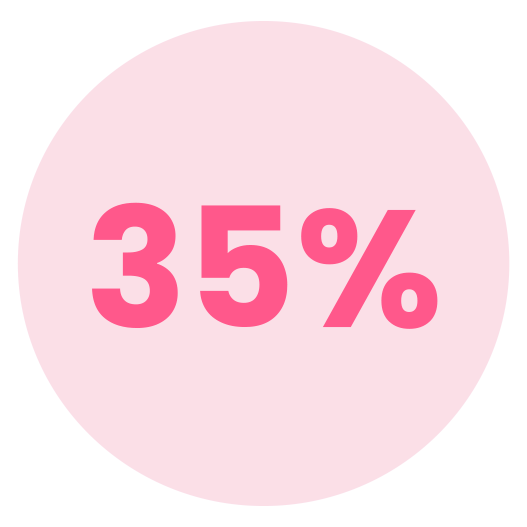
rated their final round candidates as “above average” or “excellent”

Who’s optimistic about hiring in 2022—and who’s not?
As the Great Resignation continues, how hopeful are hiring managers and talent pros about hiring well in 2022?
The relationship between the use of assessments and outlook was striking.
Overall, there was more optimism about the prospect of hiring than pessimism.
Of the hiring managers we surveyed, 41% said they thought hiring quality candidates would be easy or very easy in 2022, 23% said neither easy or difficult, and 35% said difficult or very difficult.
Talent pros were slightly more optimistic than hiring managers: 43% answered easy or very easy, 27% said neither difficult or easy, and 28% said very difficult or difficult.
How easy or difficult do you anticipate hiring quality candidates will be in 2022?
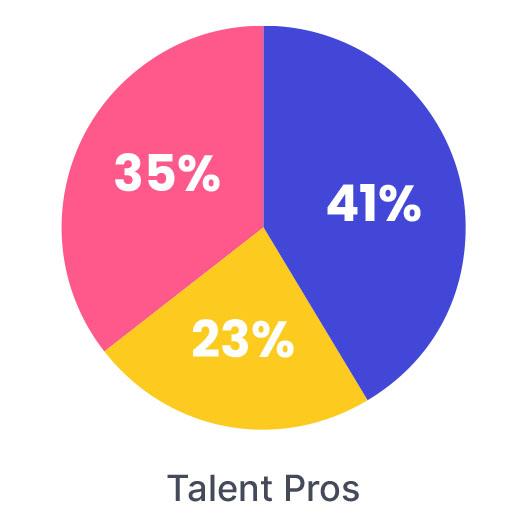
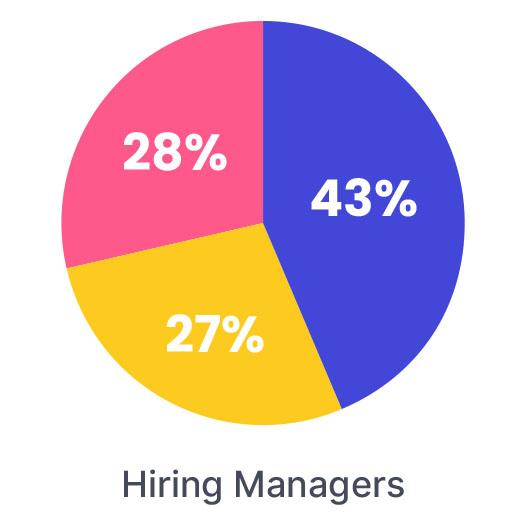
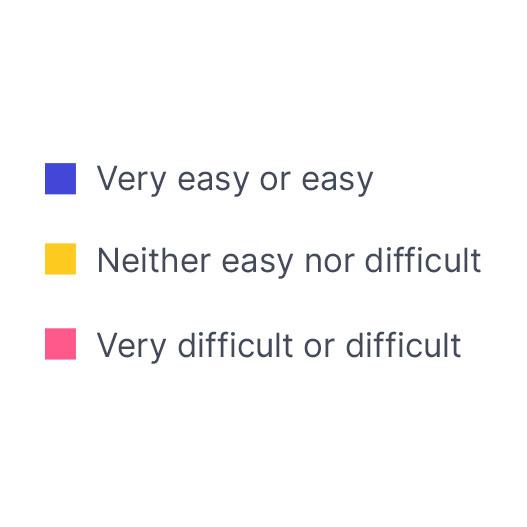
However, respondents at companies that don’t use pre-employment assessments were at least 2x more likely to feel pessimistic.
Again, the data related to assessments were eye-opening:
Of those hiring managers who use assessments
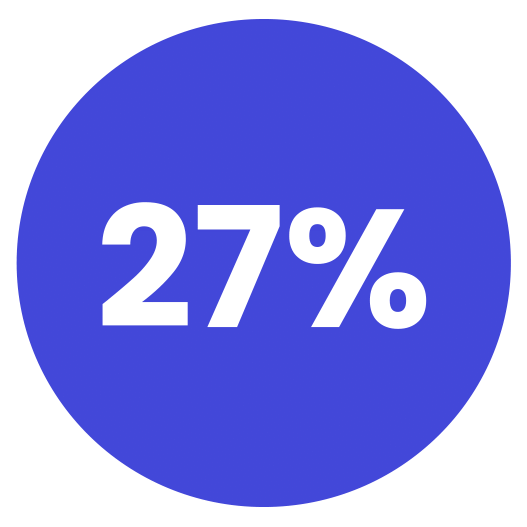
said they feel hiring will be “difficult” or “very difficult” in 2022
VS
Of those hiring managers who don’t use assessments
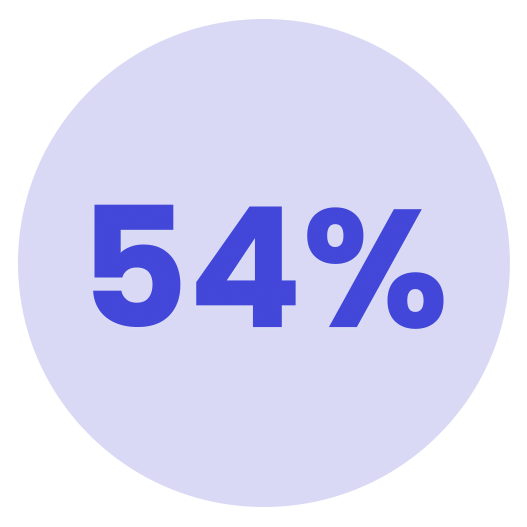
said they feel hiring will be “difficult” or “very difficult” in 2022
With talent pros, the difference was even more dramatic:
Of those talent professionals who use assessments
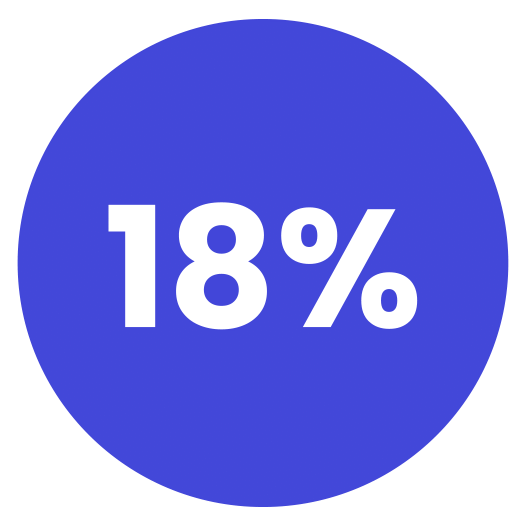
said they feel hiring will be “difficult” or “very difficult” in 2022
VS
Of those talent professionals who don’t use assessments
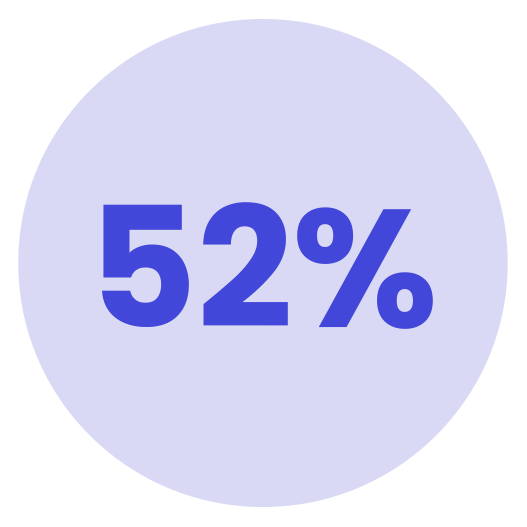
said they feel hiring will be “difficult” or “very difficult” in 2022
Conclusion
Throughout the second half of 2021, the vast majority of talent pros and hiring managers have been experimenting with their hiring processes for both non-specialized and specialized roles.
While there seems to be a minor trend towards eliminating hiring milestones, the data suggest that focusing more on gathering better applicant insights as opposed to creating a streamlined candidate experience is more likely to result in better hires.
Not surprisingly, more than half of respondents said they were doing more virtual interviews. But none of the other data on interview adjustments indicated anything else that could be considered a trend.
The clearest findings by far were related to the use of hiring assessments.
Both hiring managers and talent pros at companies that use a cognitive ability, personality, and/or motivation assessment were far more likely to be happy with their quality of the hires and to feel hopeful about the prospect of finding more great hires in 2022 than their counterparts who don’t use a pre-hiring assessment.
This data, along with our data on the relationship between making “quality of hiring insights” a top priority and hiring success, suggests that employers would be wise to prioritize high-quality candidate insights even in this tight labor market.
About Wonderlic
Wonderlic’s mission is to help HR professionals and hiring teams identify top applicants and predict on-the-job performance by providing them the most trusted, scientifically validated assessments on the market. Since the company was founded in 1937, more than 200 million Wonderlic assessments have been administered to job candidates.
Our formula for success is simple: cutting-edge I-O psychology research, machine learning, artificial intelligence, and a company culture grounded in a thirst for innovative thinking and a sincere respect for diverse perspectives.
Find out how Wonderlic’s assessments can help your company hire top talent during The Great Resignation—and beyond. Sign up for a demo here.








